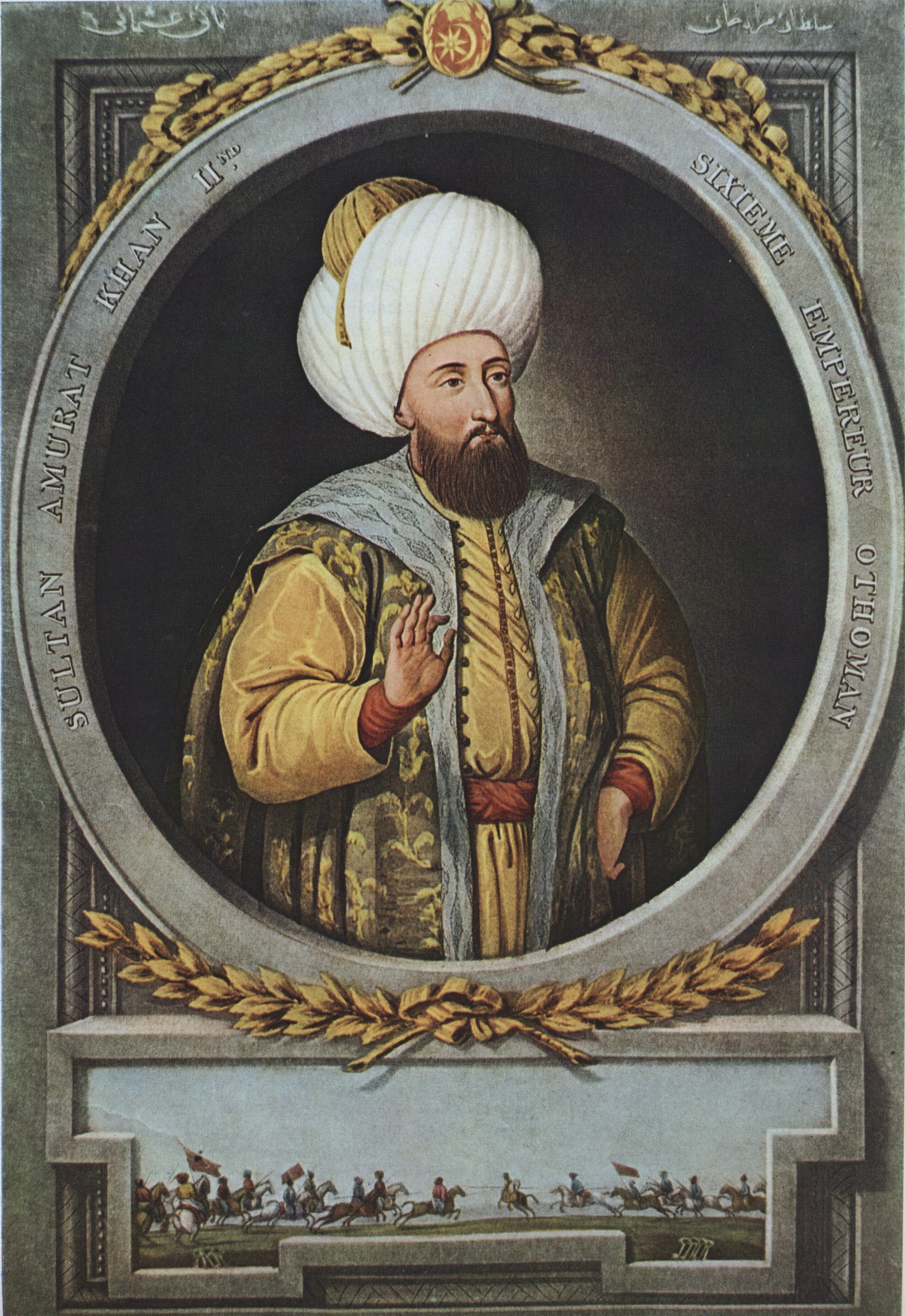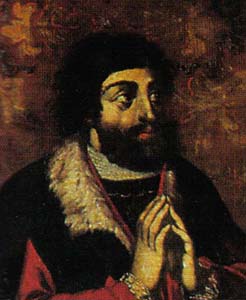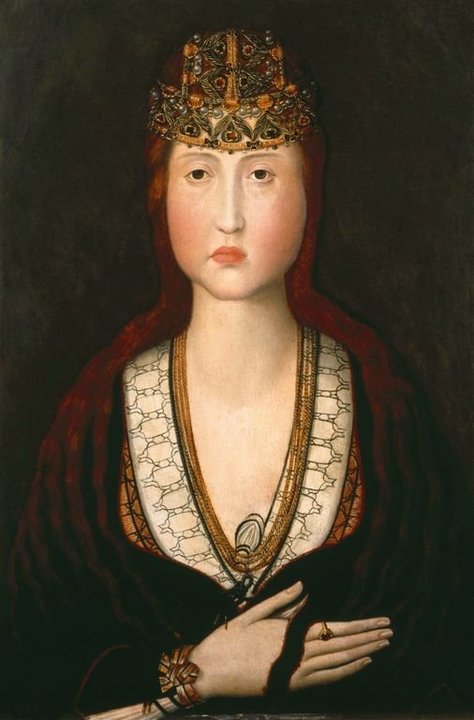|
John, Hereditary Prince Of Portugal (1451)
John, Prince of Portugal (; 29 January – February 1451) was a Portuguese infante, son of Afonso V and Isabella of Coimbra. He was born heir to the throne in 1451, but he died young during the same year. The title of Prince of Portugal Hereditary Prince of Portugal (Portuguese language, Portuguese: ''Príncipe Herdeiro de Portugal''), unofficially Prince of Portugal (''Príncipe Herdeiro de Portugal''), or Princess of Portugal, was the title held by the heirs apparent and heir ... then passed again to Infante Ferdinand, Duke of Viseu, his uncle. References {{DEFAULTSORT:John, Prince Of Portugal (1451) House of Aviz Portuguese heirs apparent who never acceded Princes of Portugal Portuguese infantes 1451 births 1450s deaths People from Sintra 15th-century Portuguese people Sons of kings Portuguese royalty who died as children ... [...More Info...] [...Related Items...] OR: [Wikipedia] [Google] [Baidu] |
Hereditary Prince Of Portugal
Hereditary Prince of Portugal (Portuguese language, Portuguese: ''Príncipe Herdeiro de Portugal''), unofficially Prince of Portugal (''Príncipe Herdeiro de Portugal''), or Princess of Portugal, was the title held by the heirs apparent and heirs presumptive to the Kingdom of Portugal, from 1433 to 1645. The title differs from the title Infante of Portugal, which is the title given to all children of the monarch except the first in the line of succession, and is often translated into English as "prince". History Due to English tradition introduced to the Portuguese court by Philippa of Lancaster, her son Edward, King of Portugal, King Edward sought to create a princely title for the heir apparent, much like the Prince of Wales, to distinguish him from his siblings, who were infantes. Until that time, the heir apparent was also titled infante. In 1433 Edward granted the title of Prince of Portugal to his eldest son, the future King Afonso V. The monarchies of Castile, Aragon ... [...More Info...] [...Related Items...] OR: [Wikipedia] [Google] [Baidu] |
Infante Ferdinand, Duke Of Viseu
Infante Ferdinand, Duke of Viseu and Beja (or ''Fernando,'' , 17 November 1433 – 18 September 1470) was the third son of Edward, King of Portugal and his wife Eleanor of Aragon. Biography Ferdinand was born in Almeirim on 17 November 1433, and died in Setúbal on 18 September 1470. He was twice sworn Prince of Portugal (title granted to the presumptive heir to the throne): first between 1438 and 1451, once his older brother became king Afonso V of Portugal and had no children; and for the second time, in 1451, when Prince João was born, but died months later. When Afonso V's first daughter, Princess Joan, was born (1452), Infante Ferdinand finally lost this title. In 1452, Ferdinand fled the country looking for adventure. Some say he wanted to go to the north African cities controlled by the Portuguese; others say that he wanted to join his uncle, the King Alfonso I of Naples, in his campaigns in southern Italy. It seems Ferdinand had the hope to inherit his uncle's ... [...More Info...] [...Related Items...] OR: [Wikipedia] [Google] [Baidu] |
15th-century Portuguese People
The 15th century was the century which spans the Julian calendar dates from 1 January 1401 (represented by the Roman numerals MCDI) to 31 December 1500 (MD). In Europe, the 15th century includes parts of the Late Middle Ages, the Early Renaissance, and the early modern period. Many technological, social and cultural developments of the 15th century can in retrospect be seen as heralding the " European miracle" of the following centuries. The architectural perspective, and the modern fields which are known today as banking and accounting were founded in Italy. The Hundred Years' War ended with a decisive French victory over the English in the Battle of Castillon. Financial troubles in England following the conflict resulted in the Wars of the Roses, a series of dynastic wars for the throne of England. The conflicts ended with the defeat of Richard III by Henry VII at the Battle of Bosworth Field, establishing the Tudor dynasty in the later part of the century. Con ... [...More Info...] [...Related Items...] OR: [Wikipedia] [Google] [Baidu] |
People From Sintra
The term "the people" refers to the public or Common people, common mass of people of a polity. As such it is a concept of human rights law, international law as well as constitutional law, particularly used for claims of popular sovereignty. In contrast, a people is any plurality of Person, persons considered as a whole. Used in politics and law, the term "a people" refers to the collective or community of an ethnic group or nation. Concepts Legal Chapter One, Article One of the Charter of the United Nations states that "peoples" have the right to self-determination. Though the mere status as peoples and the right to self-determination, as for example in the case of Declaration on the Rights of Indigenous Peoples, Indigenous peoples (''peoples'', as in all groups of indigenous people, not merely all indigenous persons as in ''indigenous people''), does not automatically provide for independence, independent sovereignty and therefore secession. Indeed, judge Ivor Jennings i ... [...More Info...] [...Related Items...] OR: [Wikipedia] [Google] [Baidu] |
1450s Deaths
*
{{Number disambiguation ...
145 may refer to: *145 (number), a natural number *AD 145, a year in the 2nd century AD *145 BC, a year in the 2nd century BC *145 (dinghy), a two-person intermediate sailing dinghy *145 (South) Brigade, a regional brigade of the British Army that saw active service in both the First and the Second World Wars *145 (New Jersey bus), a New Jersey Transit bus route *145 Adeona, a main-belt asteroid *Alfa Romeo 145, a 3-door hatchback *Honda 145, a compact car See also * List of highways numbered 145 The following highways are numbered 145: Australia * Lower Barrington Road, Paloona Road, Melrose Road, Bellamy Road, Forthside Road (Tasmania) * Inverleigh–Winchelsea Road (Victoria) Canada * Winnipeg Route 145 * New Brunswick Route 145 * ... [...More Info...] [...Related Items...] OR: [Wikipedia] [Google] [Baidu] |
1451 Births
Year 1451 ( MCDLI) was a common year starting on Friday of the Julian calendar. Events January–June * January 7 – Pope Nicholas V issues a Papal Bull to establish The University of Glasgow; classes are initially held in Glasgow Cathedral. * January 27 – The Saxon Brother War between Frederick II, Elector of Saxony and William III, Landgrave of Thuringia is ended as two brothers sign a peace treaty at Naumburg. * February 3 – Murad II, Sultan of the Ottoman Empire, dies and is succeeded (on February 18) by his son, Mehmed II. * February 14 – Louis XI of France marries Charlotte of Savoy. * March 26 – The Treaty of Gaeta is signed at the Italian city of Gaeta between the Kingdom of Albania (represented by Nikollë de Berguçi and Stefan, Bishop of Krujë on behalf of Skanderbeg, and the Kingdom of Naples (by King Alfonso. In return for protection of Albania from the Ottoman Empire, Albania agrees to be a vassal of Naples. * April 11 &n ... [...More Info...] [...Related Items...] OR: [Wikipedia] [Google] [Baidu] |
Portuguese Infantes
Portuguese may refer to: * anything of, from, or related to the country and nation of Portugal ** Portuguese cuisine, traditional foods ** Portuguese language, a Romance language *** Portuguese dialects, variants of the Portuguese language ** Portuguese man o' war, a dangerous marine animal ** Portuguese people, an ethnic group See also * * '' Sonnets from the Portuguese'' * "A Portuguesa", the national anthem of Portugal * Lusofonia * Lusitania Lusitania (; ) was an ancient Iberian Roman province encompassing most of modern-day Portugal (south of the Douro River) and a large portion of western Spain (the present Extremadura and Province of Salamanca). Romans named the region after th ... * {{disambiguation Language and nationality disambiguation pages ... [...More Info...] [...Related Items...] OR: [Wikipedia] [Google] [Baidu] |
Princes Of Portugal
Hereditary Prince of Portugal ( Portuguese: ''Príncipe Herdeiro de Portugal''), unofficially Prince of Portugal (''Príncipe Herdeiro de Portugal''), or Princess of Portugal, was the title held by the heirs apparent and heirs presumptive to the Kingdom of Portugal, from 1433 to 1645. The title differs from the title Infante of Portugal, which is the title given to all children of the monarch except the first in the line of succession, and is often translated into English as "prince". History Due to English tradition introduced to the Portuguese court by Philippa of Lancaster, her son King Edward sought to create a princely title for the heir apparent, much like the Prince of Wales, to distinguish him from his siblings, who were infantes. Until that time, the heir apparent was also titled infante. In 1433 Edward granted the title of Prince of Portugal to his eldest son, the future King Afonso V. The monarchies of Castile, Aragon and England already had princely titles for ... [...More Info...] [...Related Items...] OR: [Wikipedia] [Google] [Baidu] |
Portuguese Heirs Apparent Who Never Acceded
Portuguese may refer to: * anything of, from, or related to the country and nation of Portugal ** Portuguese cuisine, traditional foods ** Portuguese language, a Romance language *** Portuguese dialects, variants of the Portuguese language ** Portuguese man o' war, a dangerous marine animal ** Portuguese people, an ethnic group See also * * ''Sonnets from the Portuguese'' * "A Portuguesa", the national anthem of Portugal * Lusofonia * Lusitania Lusitania (; ) was an ancient Iberian Roman province encompassing most of modern-day Portugal (south of the Douro River) and a large portion of western Spain (the present Extremadura and Province of Salamanca). Romans named the region after th ... * {{disambiguation Language and nationality disambiguation pages ... [...More Info...] [...Related Items...] OR: [Wikipedia] [Google] [Baidu] |
Infante Fernando, Duke Of Viseu
Infante Ferdinand, Duke of Viseu and Beja (or ''Fernando,'' , 17 November 1433 – 18 September 1470) was the third son of Edward, King of Portugal and his wife Eleanor of Aragon. Biography Ferdinand was born in Almeirim on 17 November 1433, and died in Setúbal on 18 September 1470. He was twice sworn Prince of Portugal (title granted to the presumptive heir to the throne): first between 1438 and 1451, once his older brother became king Afonso V of Portugal and had no children; and for the second time, in 1451, when Prince João was born, but died months later. When Afonso V's first daughter, Princess Joan, was born (1452), Infante Ferdinand finally lost this title. In 1452, Ferdinand fled the country looking for adventure. Some say he wanted to go to the north African cities controlled by the Portuguese; others say that he wanted to join his uncle, the King Alfonso I of Naples, in his campaigns in southern Italy. It seems Ferdinand had the hope to inherit his uncle's ... [...More Info...] [...Related Items...] OR: [Wikipedia] [Google] [Baidu] |
Portuguese House Of Burgundy
The Portuguese House of Burgundy () was a Portuguese noble house that ruled the County of Portugal, County and later Kingdom of Portugal from its founding until the 1383–85 Portuguese Interregnum. The house was founded by Henry, Count of Portugal, Henry of Burgundy, who became Count of Portugal in 1096. His son, Afonso I of Portugal, Afonso Henriques, was proclaimed King of Portugal following his victory at the Battle of Ourique in 1139, establishing the Afonsine dynasty (''Dinastia Afonsina''). Burgundian monarchs would rule Portugal through much of its early formation, including the formalization of the Portuguese language under Denis of Portugal, King Dinis I, the first Portuguese Cortes, Portuguese parliament, under Afonso II of Portugal, King Afonso II, and the conquest of the Kingdom of the Algarve, under Afonso III of Portugal, King Afonso III. Numerous princes of the house took up thrones across Europe, such as Ferdinand, Count of Flanders, Ferdinand I, Count of Flanders ... [...More Info...] [...Related Items...] OR: [Wikipedia] [Google] [Baidu] |
Prince Of Portugal
Hereditary Prince of Portugal (Portuguese language, Portuguese: ''Príncipe Herdeiro de Portugal''), unofficially Prince of Portugal (''Príncipe Herdeiro de Portugal''), or Princess of Portugal, was the title held by the heirs apparent and heirs presumptive to the Kingdom of Portugal, from 1433 to 1645. The title differs from the title Infante of Portugal, which is the title given to all children of the monarch except the first in the line of succession, and is often translated into English as "prince". History Due to English tradition introduced to the Portuguese court by Philippa of Lancaster, her son Edward, King of Portugal, King Edward sought to create a princely title for the heir apparent, much like the Prince of Wales, to distinguish him from his siblings, who were infantes. Until that time, the heir apparent was also titled infante. In 1433 Edward granted the title of Prince of Portugal to his eldest son, the future King Afonso V. The monarchies of Castile, Aragon ... [...More Info...] [...Related Items...] OR: [Wikipedia] [Google] [Baidu] |




